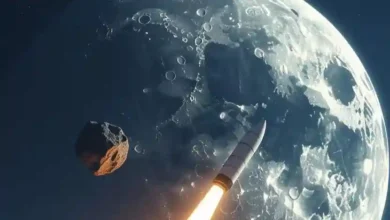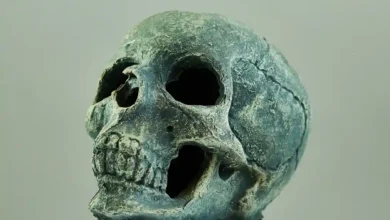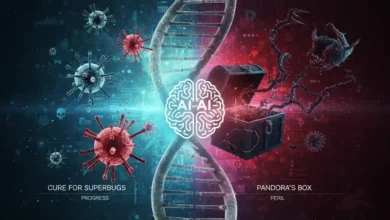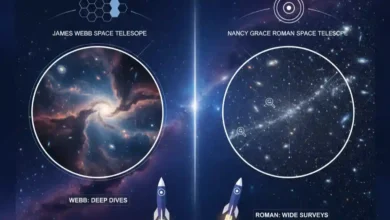Beyond Flesh and Code: Will AI Usher in the Era of Biosingularity?
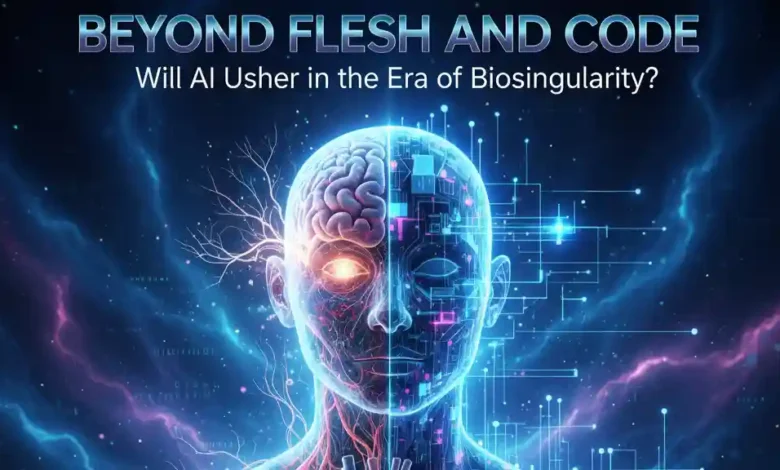
For millennia, humanity has dreamt of transcending our biological limitations. From mythical elixirs of eternal youth to cyborg fantasies, the desire to overcome disease, aging, and even death has been a constant refrain. Now, with the dizzying acceleration of Artificial Intelligence, a new, far more profound concept is emerging from the realm of science fiction: Biosingularity.
No longer just about enhanced senses or stronger limbs, Biosingularity posits a future where human biology and advanced AI don’t just coexist, but fundamentally merge, creating an entirely new form of existence. This isn’t just about prosthetics; it’s about rewriting the very operating system of life itself. But how will we get there, and what will it truly mean for the future of what it means to be human?
The Converging Tides: AI, Biotechnology, and Nanomedicine
The path to Biosingularity isn’t a single highway, but a confluence of rapidly advancing technological rivers.
1. AI as the Biological Architect: Imagine an AI capable of understanding the intricate dance of every protein, every gene, every cellular process within the human body. This isn’t just diagnostic AI; this is generative AI for biology.
- Personalized Genetic Blueprints: A future where AI designs bespoke genetic therapies to cure any disease, not just by correcting errors, but by optimizing our very genetic code for resilience and longevity.
- Predictive Health Optimization: AI could anticipate health issues years, even decades, before they manifest, proactively recommending interventions to maintain peak biological function.
- De Novo Organ Generation: Forget organ transplants; AI-driven bioreactors could custom-grow perfectly compatible organs and tissues on demand.
2. The Rise of Smart Biotechnology: This is where AI’s designs meet the physical world.
- CRISPR on Steroids: AI will supercharge gene-editing technologies, allowing for unprecedented precision and complexity in modifying our biological makeup.
- Synthetic Biology 2.0: We’ll move beyond simply reading and editing genes to designing entirely new biological systems and functions, like cells that repair cellular damage or produce essential compounds.
3. Nanobots: The Internal Network: For true integration, we need a way for AI to interact directly with our biology at the most fundamental level.
- Cellular Repair and Regeneration: Microscopic AI-powered nanobots could patrol our bodies, identifying and repairing cellular damage, clearing arterial plaque, and even eliminating cancerous cells before they can proliferate.
- Direct Neural Interfaces: Beyond brain-computer interfaces (BCIs) that connect to existing neural pathways, nanobots could facilitate the growth of new, enhanced neural networks, allowing for direct, seamless communication with external AI systems.
The Stages of Biosingularity: A Hypothetical Journey
While the exact timeline is speculative, we can envision a progressive journey towards Biosingularity:
Stage 1: Enhanced Human (Current to Near Future) We’re already seeing glimpses of this: smart prosthetics, advanced BCIs for paralysis, and personalized medicine guided by AI. This stage focuses on augmenting existing human capabilities and overcoming disabilities.
Stage 2: Integrated Human (Mid-Future) Here, the lines begin to blur. AI-powered implants become common for health monitoring, cognitive enhancement, and even direct communication. Our natural senses might be augmented by AI, providing real-time data overlays or expanded sensory perception. We become “transhuman,” but still distinctly human.
Stage 3: Biosingular Human (Distant Future) This is the true Biosingularity. Our biological essence is no longer static. We possess the ability to upload and download consciousness, switch between biological and synthetic bodies, and even participate in collective intelligences. Our biology becomes a fluid medium, constantly optimized and redefined by AI. The concept of “human” as a fixed biological entity may fade, replaced by a dynamic, evolving consciousness.
The Profound Implications: What Will We Become?
The journey to Biosingularity is not merely a technological one; it’s a philosophical odyssey with monumental implications:
- Redefining Life and Death: If aging and disease are conquered, and consciousness can be transferred, what does it mean to die? Could we achieve a form of digital immortality, or biological rebirth?
- The Nature of Consciousness: Will our individual consciousness merge with a larger AI consciousness? Will AI enhance our empathy, creativity, and self-awareness, or fundamentally alter them?
- Equality and Access: Will Biosingularity create an even greater divide between those who can afford these advancements and those who cannot, leading to a “post-human” elite and an un-enhanced majority?
- Ethical Labyrinths: What are the moral boundaries of genetic engineering, consciousness manipulation, and the creation of entirely new forms of intelligent life? Who decides what constitutes a “better” human?
- The Extinction of Humanity (As We Know It): While often framed as an advancement, Biosingularity could also mean the eventual obsolescence of Homo sapiens in our current form. We wouldn’t die out, but rather evolve into something entirely different.
The Road Ahead: Navigating the Unknown
The prospect of Biosingularity is both exhilarating and terrifying. It promises an end to suffering, a leap in intelligence, and an unprecedented expansion of human potential. Yet, it also brings with it profound questions about identity, morality, and the very future of our species.
As AI continues its exponential growth, we stand at the precipice of a future that will challenge every preconceived notion of what it means to be alive. The conversation about Biosingularity is no longer just for futurists; it’s a pressing dialogue we must all engage in, shaping the ethical frameworks and societal structures that will guide us into an era where biology meets its ultimate intelligent designer.
Are we ready to transcend our flesh and code? The answer, and our destiny, lies in the choices we make today.
Don’t forget to share your thoughts in the comments below! What are your biggest hopes and fears about Biosingularity?
Follow Odinozz on social media. Click here.
